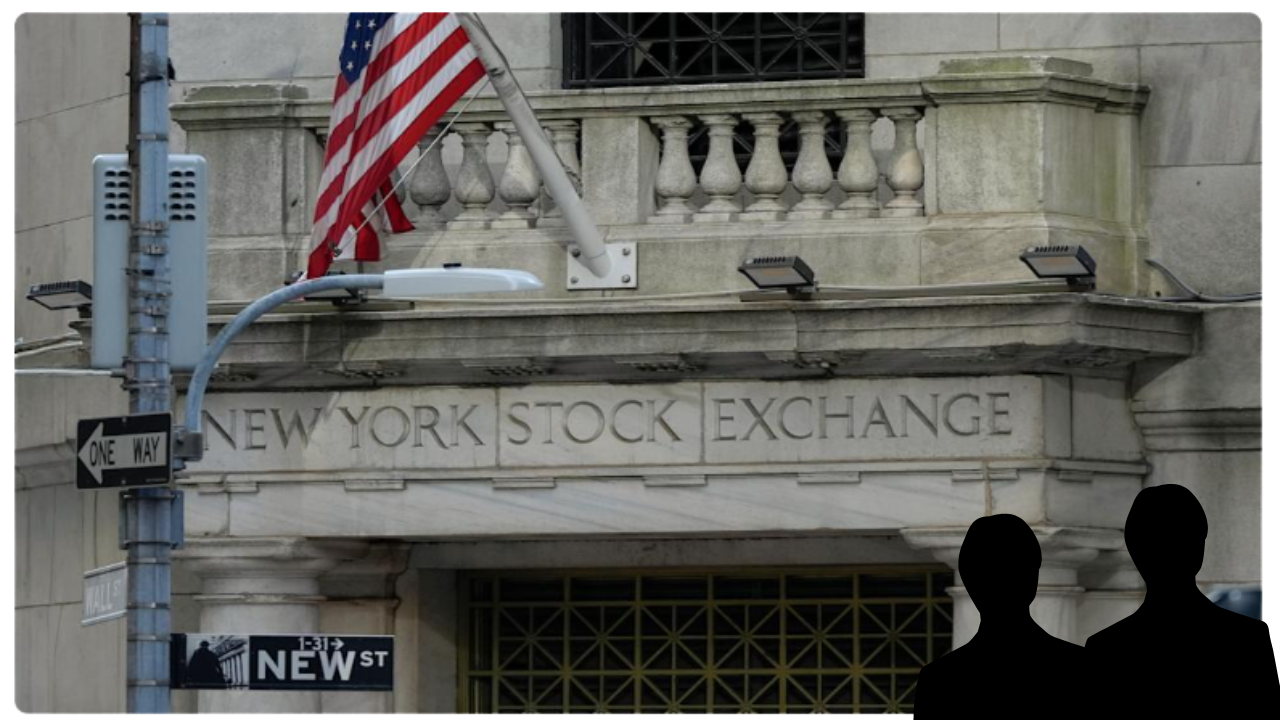
By: Rimi
Published on: Apr 21, 2025
Asian stock markets displayed a mixed performance on Monday, April 21, 2025, following the Easter weekend, with some regional exchanges still closed. The uncertainty surrounding U.S. President Donald Trump’s ongoing trade war and the anticipated earnings reports from major U.S. tech companies contributed to cautious trading across the region.
President Trump’s trade policies, particularly the imposition of tariffs as high as 145% on Chinese imports, have introduced significant volatility into global markets. Reports indicate that China has halted imports of certain U.S. agricultural products and liquefied natural gas in response to these tariffs. This tit-for-tat escalation has disrupted supply chains, particularly in China, and raised concerns about a potential global recession if the tariffs remain in place.
Stephen Innes of SPI Asset Management noted, “The reputational hit to the U.S. brand is real, and it’s not fading quietly into the next news cycle.” This sentiment reflects growing unease among investors about the long-term implications of the trade war on global economic stability.
In Japan, the Nikkei 225 index fell by 1% to 34,368.42, driven by concerns over the lack of progress in trade negotiations with the U.S. Japanese automakers, facing 25% tariffs on auto exports to the U.S., were particularly hard-hit. Meanwhile, China’s Shanghai Composite index edged up by 0.3% to 3,244.44, reflecting cautious optimism. South Korea’s Kospi remained nearly flat at 2,484.23, while Taiwan’s Taiex declined by 1.2%. Markets in Hong Kong and Australia were closed for the holiday.
In the U.S., futures pointed to a lower opening as investors awaited earnings reports from the “Magnificent Seven” tech giants—Apple, Microsoft, Nvidia, Amazon, Tesla, Alphabet, and Meta Platforms. These companies, which have been pivotal in driving market gains in recent years, have seen their combined market value drop by $3.8 trillion (22%) since Trump’s inauguration. The upcoming earnings season is expected to provide critical insights into how these firms are navigating the trade war’s impact on their operations and supply chains.
Tesla, in particular, is under scrutiny after reporting a 13% drop in first-quarter car sales compared to the previous year. The company, which manufactures electric vehicles in Shanghai, will release its full financial report on Tuesday, April 22, 2025.
Commodity markets also reflected the cautious mood. U.S. benchmark crude oil fell by $1.20 to $62.81 per barrel, while Brent crude, the international standard, dropped by $1.20 to $66.76 per barrel. In currency markets, the U.S. dollar weakened to 141.08 Japanese yen, its lowest level since September, down from 141.80 yen. The euro, on the other hand, strengthened to $1.1473 from $1.1404.
A declining dollar has sparked concerns among economists, who fear it may signal a deeper loss of confidence in the U.S. as a safe haven for investments. This trend could have broader implications for global financial markets if it persists.
In the bond market, the yield on the 10-year Treasury rose slightly to 4.35% from 4.32% late Thursday, indicating a cautious uptick in investor confidence. However, the bond market remains sensitiveuarters in Seoul, South Korea, on April 21, 2025. The mixed performance of Asian markets, coupled with the anticipation of U.S. tech earnings and ongoing trade war concerns, underscores the complex dynamics shaping global financial markets.
Investors are particularly focused on how U.S. tech giants will navigate the challenges posed by Trump’s tariffs, which have disrupted supply chains and increased costs for companies reliant on international trade. The outcome of these earnings reports could set the tone for market sentiment in the coming weeks.
The broader implications of Trump’s trade war extend beyond immediate market fluctuations. Economists warn that sustained tariff hikes could lead to a global recession, particularly if retaliatory measures from trading partners like China intensify. The disruption of supply chains, particularly in key markets like China, has already led to higher costs and reduced efficiency for multinational corporations.
Moreover, the weakening U.S. dollar and rising Treasury yields suggest that investors are reevaluating the U.S. as a stable investment destination. If confidence continues to erode, it could lead to capital outflows and further market instability.
As Asian markets navigate the uncertainty of Trump’s trade war and the upcoming U.S. tech earnings season, investors remain cautious. The mixed performance of major indices like the Nikkei 225, Shanghai Composite, and Kospi reflects the complex interplay of global economic forces. With commodity prices declining, currencies fluctuating, and bond yields edging higher, the global financial landscape is at a critical juncture.
Comments
No comments yet. Be the first to comment!
Leave a Comment